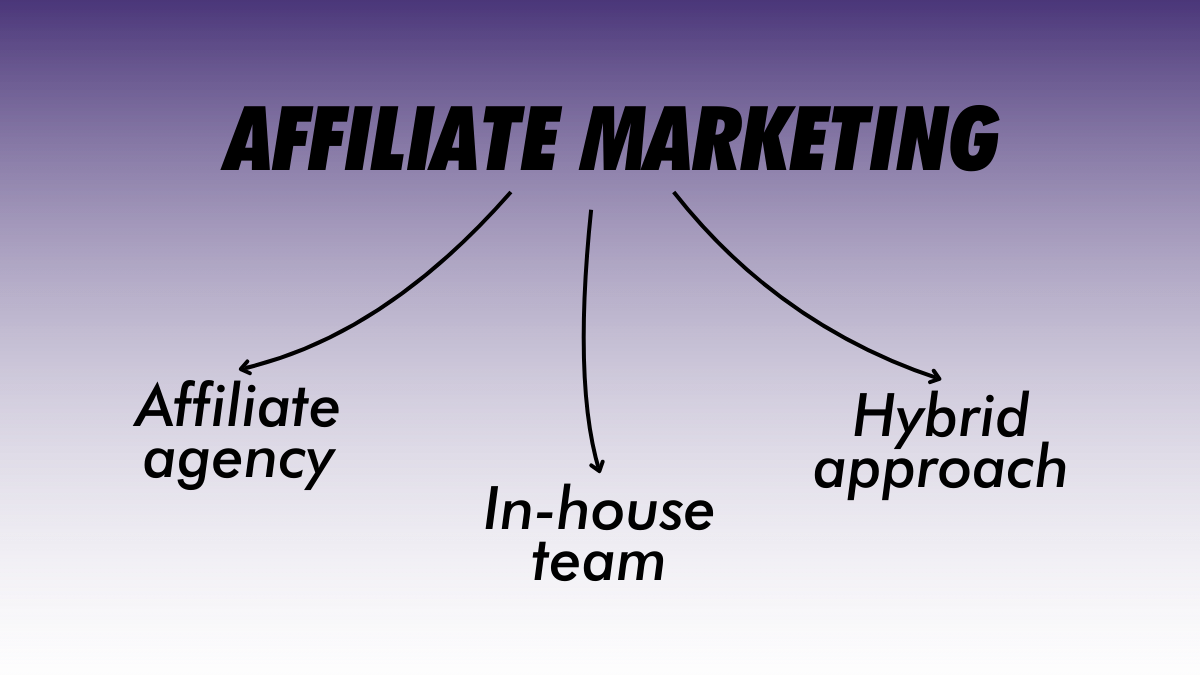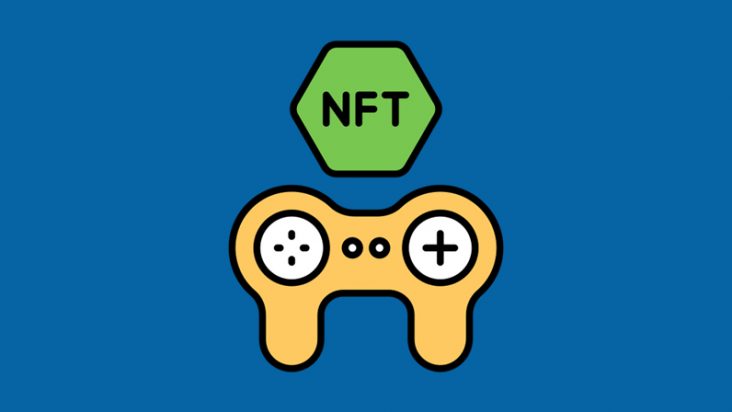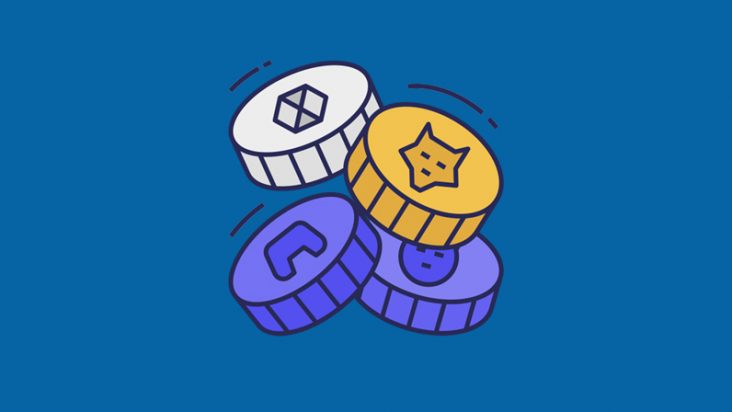
In the dynamic landscape of digital marketing, businesses often face a critical decision: should they invest in an affiliate marketing agency or build their own in-house marketing team? This choice is not merely about costs; it’s about aligning the right strategy with your company’s goals, ensuring optimal performance, and minimizing risks. Both approaches—outsourcing to professionals or maintaining full control through in-house affiliate marketing management—come with their own sets of advantages and challenges.
This article aims to provide industrial clarity on this controversial choice, dissecting the common mistakes, hidden pitfalls, and potential rewards associated with each option. Whether you are a business owner new to affiliate marketing or an established player seeking to refine your approach, this expert article will help you make an informed decision tailored to your specific needs.

Common Mistakes of Hiring an Affiliate Agency or In-House Team
You know that marketing will undoubtedly help increase your company’s turnover. And here the question arises: contact an agency or create your own team? The main selection criteria are the answers to 2 questions: which path will give more income and which path will be less stressful.
There is a list of common mistakes hiring an agency:
- All processes will take place without my participation. Remember you need to devote at least 1 hour in a week to communicate and control all processes. Even if you pay a lot of money to affiliate.
- I pay money, they work fast. No, for effective communication between the customer and the contractor it is necessary to develop a clear work plan. In many cases, there is no clear communication plan and therefore processes can be delayed. It should be remembered that the agency deals with dozens of different products, not just yours.
And common mistakes hiring in-house team:
- Limited capacity of human resources. For example, you want high-quality advertising on Google. You need a content creator, project manager, SEO specialist. You should not expect that top-level professionals will come to you, because true pros work either in agencies or as freelancers. If you are putting together a team of existing employees, then you should think about whether they will be able to compete with real specialists in this field?
- Reestimate the cost saving. When creating your team, you need to provide for the costs of maintaining employees, taxes, pension contributions, insurance, sick leave, etc. Sum up these expenses in advance and analyze how much you can save. In addition, staff turnover is quite possible.
- Self-selection and software costs. For quality work, you will need to independently select the necessary tools for setting up advertising, controlling traffic, etc. Searching, analyzing and understanding how to work with software takes time. In addition, each tool requires a paid subscription and these costs must also be taken into account in the total costs. Moreover, there is a risk that the selected software will not be suitable and you will need to start the entire process all over again.
Hybrid Approach
A hybrid approach to affiliate marketing involves combining in-house efforts with outsourcing to achieve your marketing goals. This method leverages the strengths of both strategies: the control and customization of in-house marketing and the expertise and reach of external agencies. While this approach can be highly effective, it requires careful planning and execution to avoid potential pitfalls.
In a hybrid affiliate marketing strategy, an iGaming company can develop an in-house team to handle immediate and strategic tasks while also engaging an agency for more complex and specialized functions.
In the field of digital marketing, there are two approaches to managing advertising campaigns: in-house marketing and working with affiliate marketing. Each of these approaches has its own characteristics, advantages, and disadvantages, and the choice between them often depends on the company’s goals and the specifics of its business.
In-house marketing involves full control over advertising campaigns within the company. The organization independently sets up advertising strategies, purchases traffic, and monitors results. The key advantage is having complete control over expenses and the process. The company analyzes campaign effectiveness and makes decisions based on the data received. However, with this approach, there is a risk of unsuccessful investments, especially if the campaign does not yield the desired results. For example, the cost of acquiring a customer may be higher than expected, as seen in cases with Facebook advertising, where accounts can be blocked, and the recovery process may take time.
In affiliate marketing, the company collaborates with affiliate networks, where webmasters provide traffic based on agreed terms. Payment is made only for results, whether it be a registration or a purchase. This reduces financial risks since the company pays for specific actions rather than potential audience reach. Nevertheless, there is a risk of purchasing low-quality traffic, such as bots or fraudulent clicks, which can negatively affect campaign effectiveness.
Our experts incline to the opinion that the optimal strategy is a combination of both approaches. In-house marketing gives the company control and flexibility to react to changes, while affiliate programs provide access to external traffic sources, minimizing risks.








